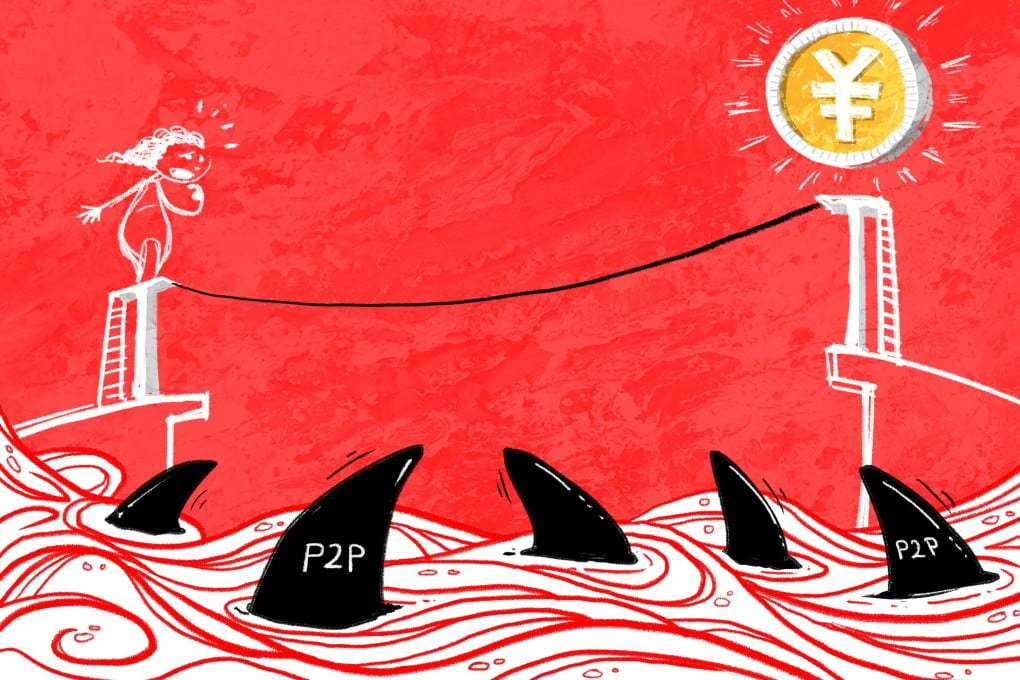Scared by China’s P2P scandal, new wave of young investors are less willing to risk it all
Scandal-hit peer-to-peer (P2P) lending industry in China has virtually disappeared, but its effect is still being felt by investors

After five years of sleepless nights and stress following the government’s seizure of an online wealth platform, Stella Guo eventually received news from a local court that she would finally be able to recover some of her investment.
Like millions of retail investors caught up in China’s rampant peer-to-peer (P2P) lending programmes – de facto online wealth management firms which have been plagued by fraud, defaults and even alleged Ponzi schemes – the Shenzhen-based public relations manager had chosen the Tuandai platform.
The firm, which was China’s first licenced peer-to-peer lending platform, was the fifteenth largest online wealth management firm in terms of size and was at one stage backed by the listed arm of Paisheng Technology Group.
Guo wired 200,000 yuan (US$28,000) into the scheme that promised a double-digit annual return.
The sum was equivalent to four years of earnings for an average Chinese resident – per capita disposable income stood at 39,218 yuan in 2023 – but with the one-year bank deposit rate only 1.75 per cent at that time, the offer proved to be too tempting.
We all invested in failure and now we don’t even want to talk about the experience
“Back then, everyone from university graduates to the wealthy middle class thought P2P was a very high-end, very innovative thing, something the government encouraged,” Guo said.
